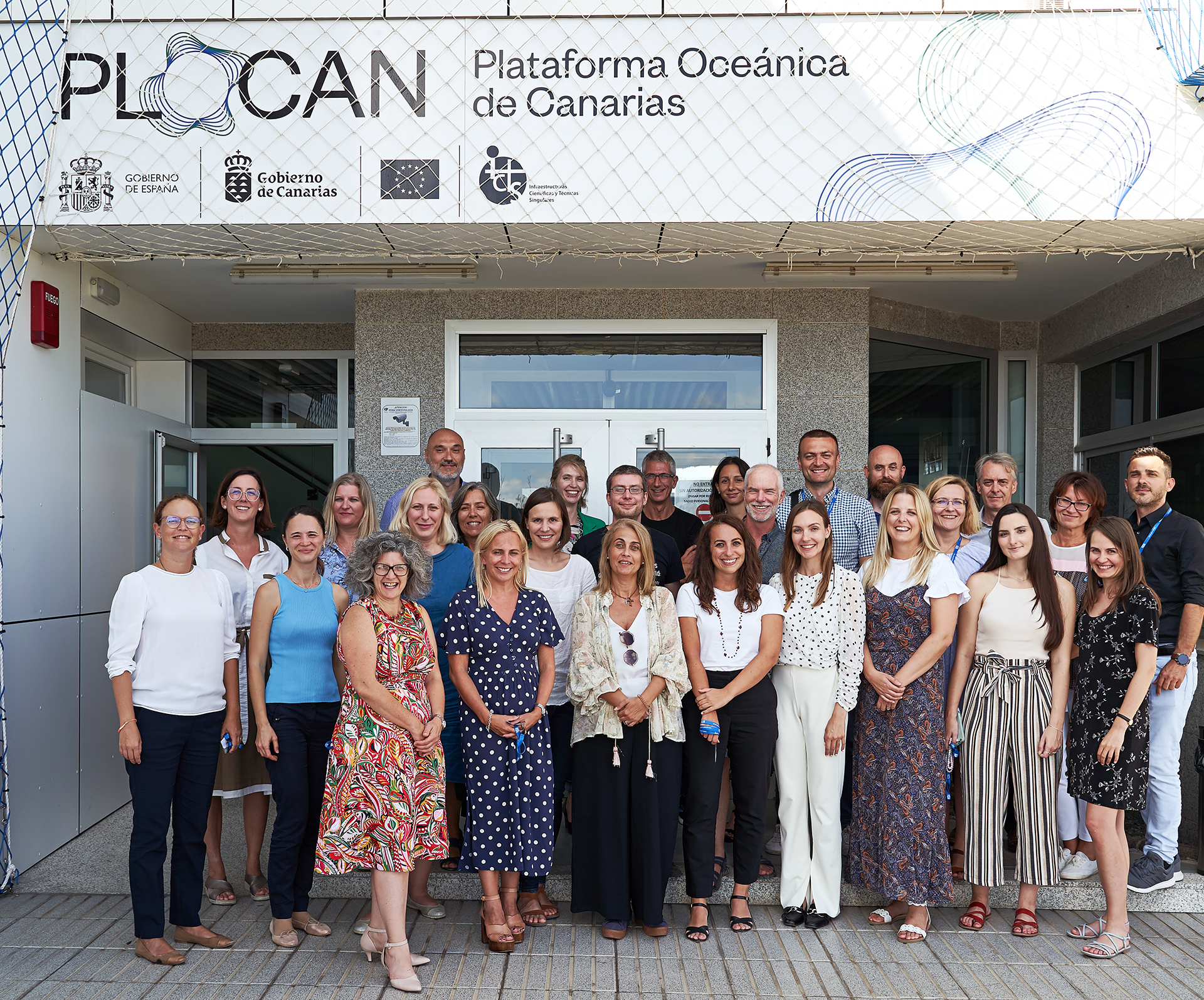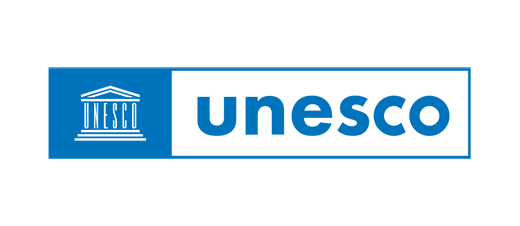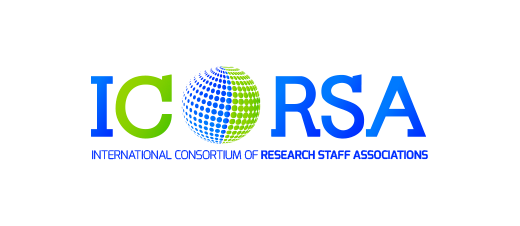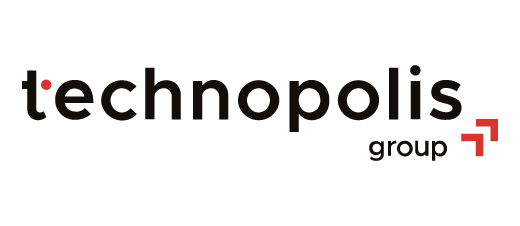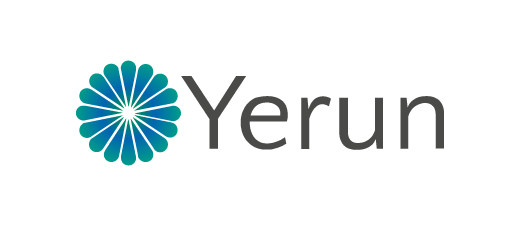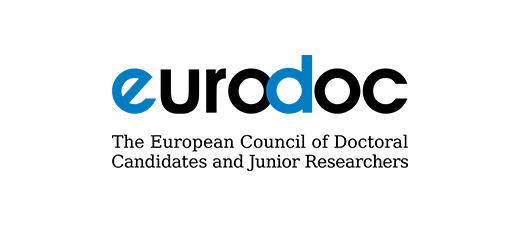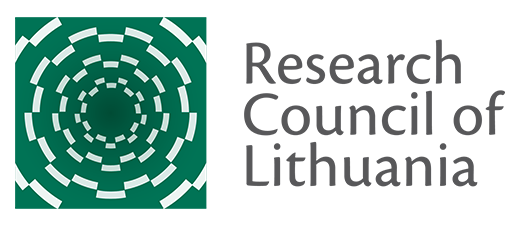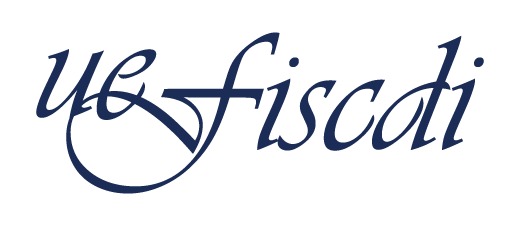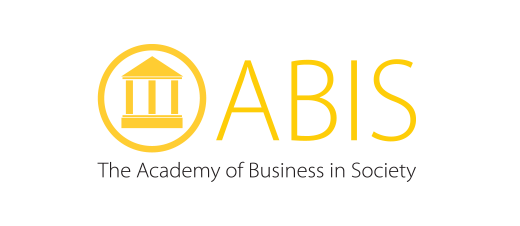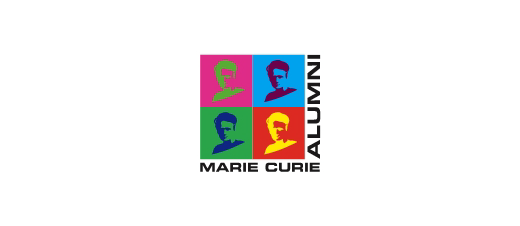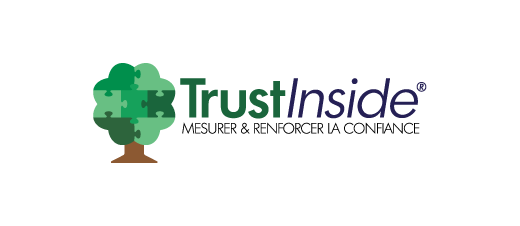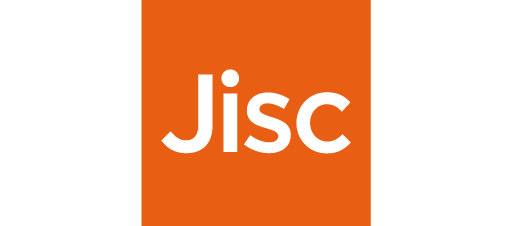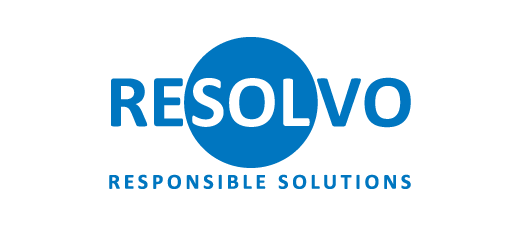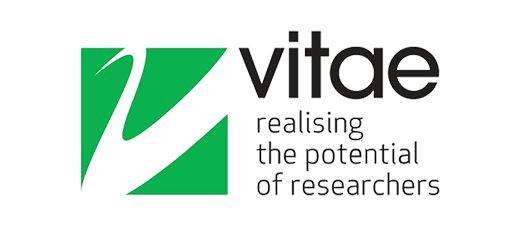OPUS helps reform the assessment of research
The OPUS project is an EU-funded project implemented by an eighteen-organisations consortium led by The Oceanic Platform of the Canary Islands (PLOCAN). The main goal is to develop coordination and support measures to reform the assessment of research(ers), along with the following:
- Conduct a comprehensive state-of-the-art on existing literature and initiatives for Open Science
- Develop a comprehensive set of interventions to implement Open Science at RPOs and RFOs
- Develop realistic indicators and metrics to monitor and drive Open Science at RPOs and RFOs
- Test the interventions and indicators and metrics via action plans in pilots at RPOs and RFOs
- Utilise a stakeholder-driven feedback loop to develop, monitor, refine, and validate actions
- Synthesise outcomes into policy briefs and a revised OS-CAM2 for research(er) assessment
OPUS will be implemented in the period from 1 September 2022 to 31 August 2025.
OPUS will develop a set of interventions for Open Science toward a system that incentivises and rewards researchers to take up practices of providing open access to research outputs, early and open sharing of research, participation in open peer-review, measures to ensure reproducibility of results, and involving all stakeholders in co-creation.
Three main project phases
- #1: State-of-the-Art on an Open Science Ecosystem
- #2: Interventions for Open Science (Rewards and Incentives for Researchers)
- #3: Indicators and Metrics for Open Science (Rewards and incentives for Researchers)
- #4: Pilots to Implement and Monitor Open Science
- #5: Policy Briefs on Open Science
- #6: Project Coordination and Data Management
- #7: Dissemination, Communication, and Exploitation
We conducted (and will later update) state-of-the-art on initiatives and literature to reform research(er) assessment and incentivise and reward Open Science, which includes a stakeholder engagement plan identifying key stakeholders to support the stakeholder input and validation sessions in #WP2 and #WP3 as well as gauging the level of (mis)trust in Open Science in the research community.
The initiatives will include key (1) projects, (2) experts and organisations, (3) networks and schemes.
The literature reviews will focus on (1) research(er) assessment, (2) incentives and rewards, (3) precarity of research careers, (4) gender equality, (5) industry practices.
LEAD: RESOLVO.eu
We developed interventions for RPOs and RFOs to implement a reformed research(er) assessment system that incentivises and rewards Open Science, which means:
- develop interventions to be tested by pilot RPOs and RFOs in activity #4 (WP4)
- conduct a baseline audit of interventions to be tested in the pilots
- co-monitor and evaluate interventions tested in the pilots with the pilot RPOs and RFOs
- develop a final set of interventions for Open Science at RPOs and RFOs.
LEAD: CRAC-Vitae
OPUS developed indicators and metrics for a reformed assessment system at RPOs and RFOs that incentivises and rewards Open Science, specifically
- develop indicators and metrics to be tested by pilot RPOs and RFOs in WP4
- conduct a baseline audit of metrics to be tested in the pilots
- co-monitor and evaluate metrics tested in the pilots with the pilot RPOs and RFOs
- develop a final set of indicators and metrics for Open Science at RPOs and RFOs.
LEAD: TECHNOPOLIS CONSULTING GROUP BELGIUM
OPUS will develop action plans to set up, implement, and monitor the pilots in 3 RPOs and 2 RFOs as well as conduct mutual learning exercises based on implementing the action plans, which in practice means to establish:
- a Pilot Committee of project partners (UNL, ABIS, JISC, RCL, RESOLVO SRL, TGB, TrustInside, UCY, UEFISCDI, UNIRI, VU, YERUN) to coordinate across the pilots
- a Mutual Learning Group of pilot RPOs and RFOs and experts to support and reflect on the pilots (UEFISCDI, JISC, RCL, TGB, TrustInside, UCY, UNIRI, UNL, VU, YERUN).
LEAD: YERUN
OPUS will develop and disseminate policy briefs on Open Science and a revised OS-CAM to assess research careers.
The policy briefs will summarise the key findings of the project (initial and final) and link to the wider global context of Open Science in terms of (1) research(er) assessment, (2) incentives and rewards, (3) precarity of research careers, (4) gender equality, (5) industry practices (implemented by (UNESCO, ABIS, EURODOC, MCAA, PLOCAN, RESOLVO SRL, TGB, TrustInside, Vitae, VU, YERUN).
The revised OS-CAM will provide a concrete career assessment framework to evaluate researchers at RPOs and RFOs (implemented by UNESCO, ABIS, EURODOC, MCAA, RESOLVO SRL, TGB, Vitae, VU, YERUN).
LEAD: UNESCO
OPUS Project Coordinator – PLOCAN will ensure the management, coordination, and communication of the project, which specifically means developing all plans and reports for project coordination and data management, and ensuring that all partners collectively contribute to a successful implementation of the project. Some of the activities are including:
- Establishing a Consortium Agreement
- Coordinating and manage all project activities, internal and external flow of information, provision of the deliverables and risk mitigation strategies
- Promoting Open Science in the project and the consortium results
Project Coordinator: PLOCAN
OpUS Project team will develop a Dissemination & Communications plan with strategic and targeted measures for promoting the Open Science and project results and inform key stakeholders and the public.
Later, OPUS Project team will utilise the project results for societal and scientific purposes.
LEAD: ICoRSA
WP1 DELIVERABLES: STATE OF THE ART ON AN ECOSYSTEM FOR OPEN SCIENCE
Project Consortium
All 18 organisations implementing the OPUS project are active at the European level spanning the whole spectrum of Open Science.


